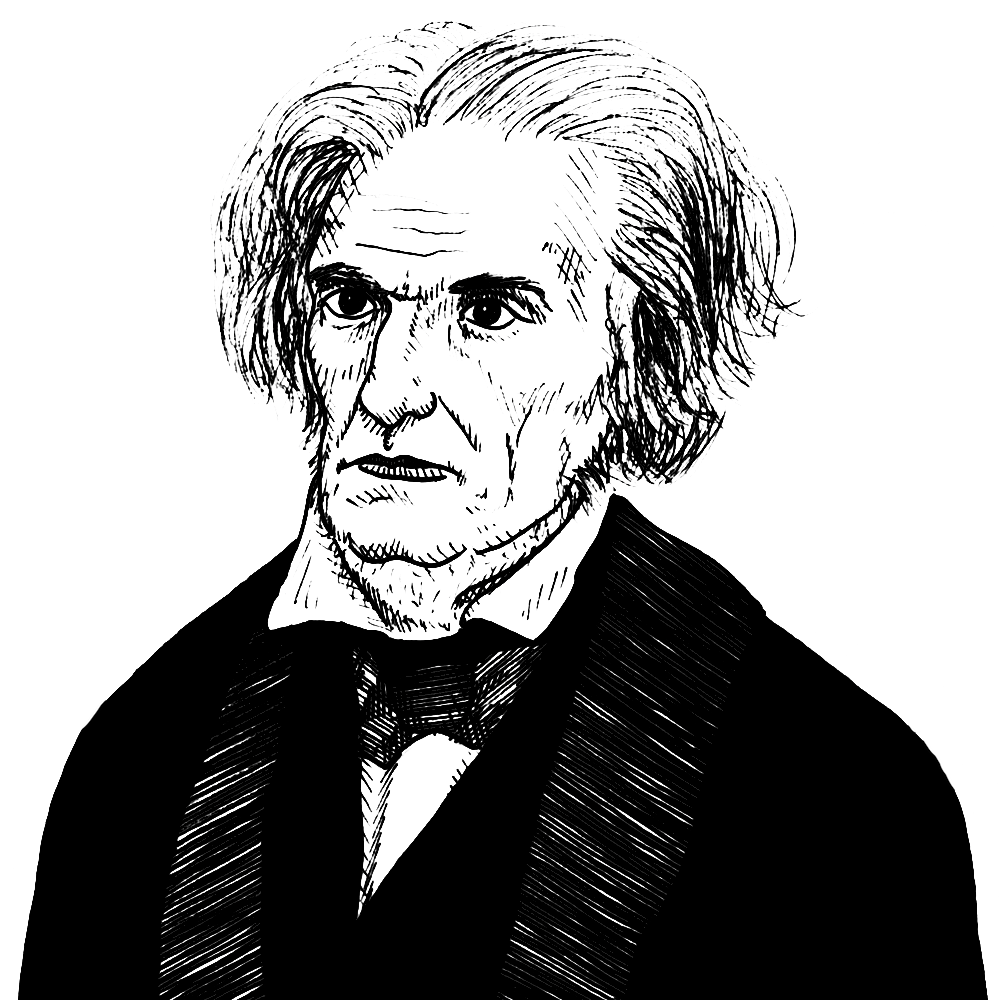
John Calhoun on Concurrent Majorities
Found in: Union and Liberty: The Political Philosophy of John C. Calhoun
John C. Calhoun’s theory of the concurrent majority held that compromise was the “conservative principle” of constitutional government. This did not have an ideological meaning, but simply suggested that compromise is what held a society together under constitutional forms. A society that does not act together in the spirit of mutual concession will ultimately be torn apart by partisan politics. But can such compromise be had?
Politics & Liberty
The diversity of opinion is usually so great, on almost all questions of policy, that it is not surprising, on a slight view of the subject, it should be thought impracticable to bring the various conflicting interests of a community to unite on any one line of policy—or, that a government, founded on such a principle, would be too slow in its movements and too weak in its foundation to succeed in practice. But, plausible as it may seem at the first glance, a more deliberate view will show, that this opinion is erroneous. It is true, that, when there is no urgent necessity, it is difficult to bring those who differ, to agree on any one line of action. Each will naturally insist on taking the course he may think best—and, from pride of opinion, will be unwilling to yield to others. But the case is different when there is an urgent necessity to unite on some common course of action, as reason and experience both prove. When something must be done—and when it can be done only by the united consent of all—the necessity of the case will force to a compromise—be the cause of that necessity what it may. (FROM: Disquisition on Government)